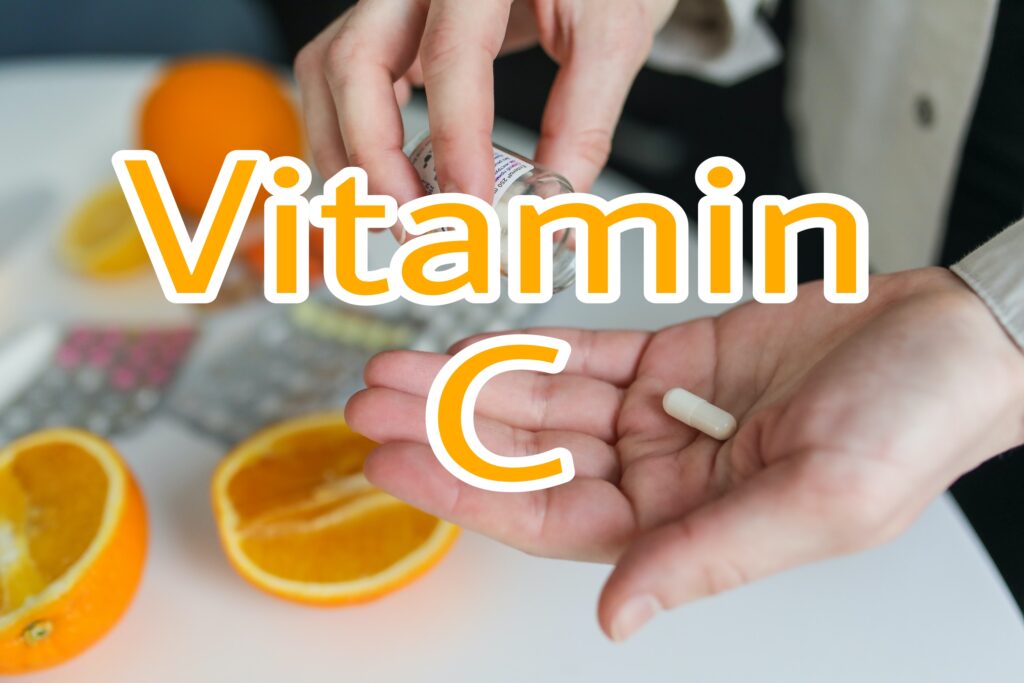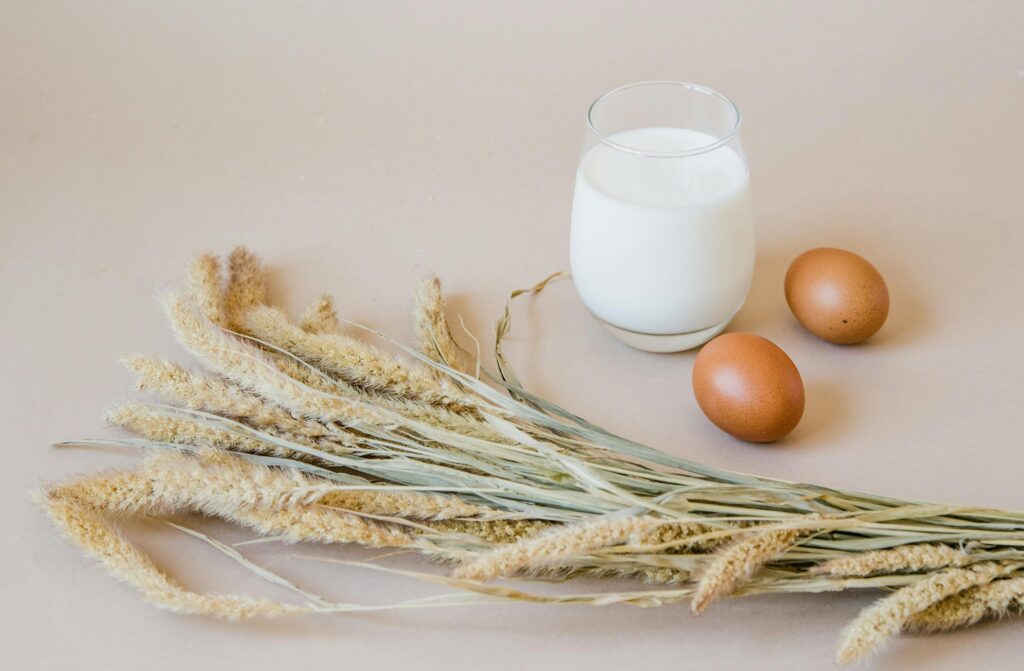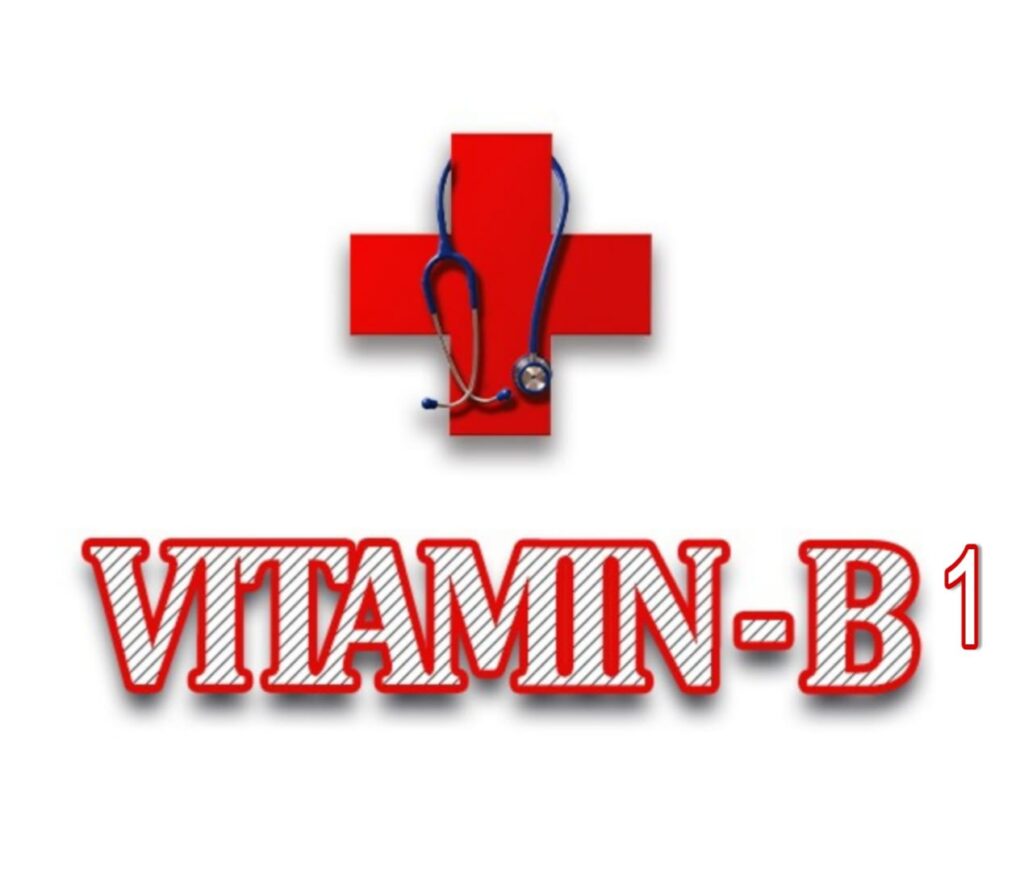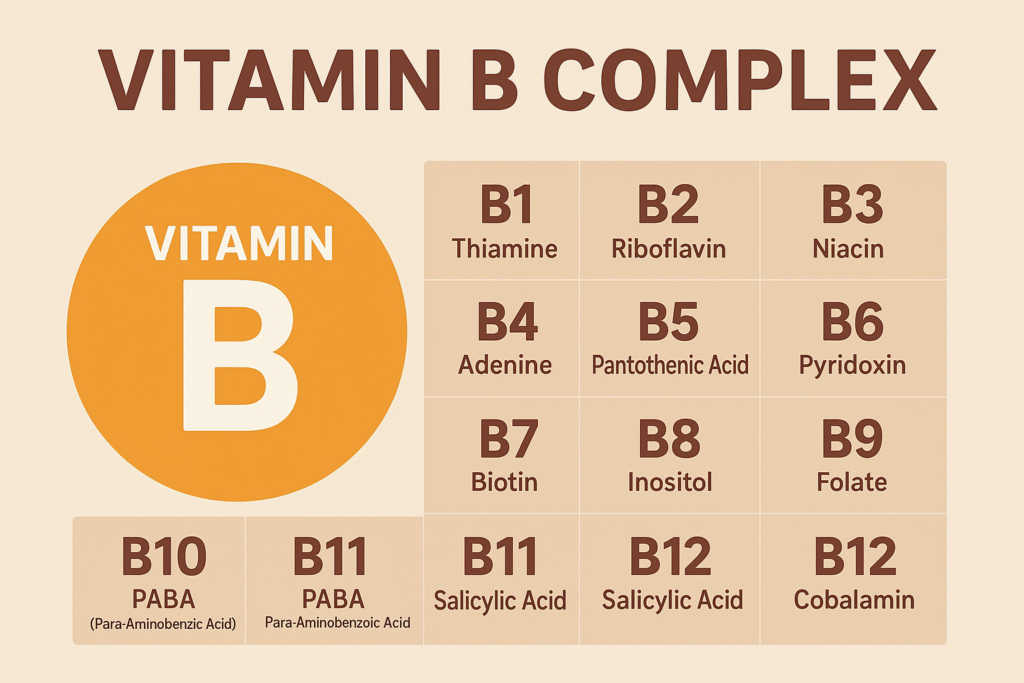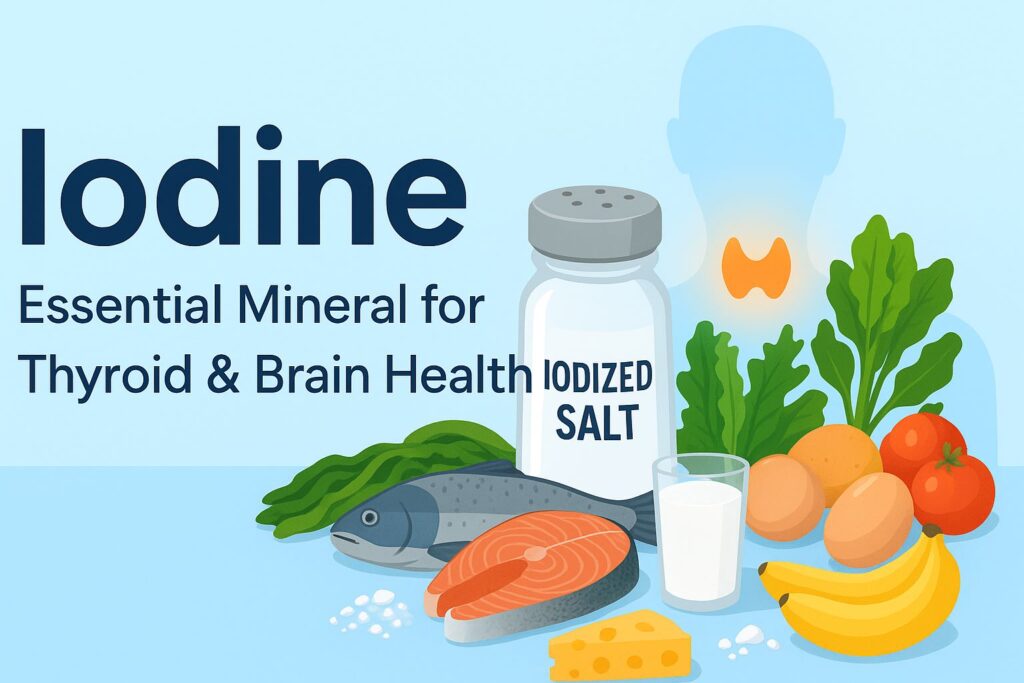
Iodine is one of the most important trace minerals needed by the human body. Although our bodies contain only 10-12 mg of it, it plays a vital role in maintaining thyroid function, energy production, and brain development. Life is impossible without iodine – every cell depends on it for energy and growth.
Also read this post :- Copper: Benefits, Deficiency Symptoms, Sources, and Importance for Health
Importance of iodine in the body
Iodine is essential for the thyroid gland , which regulates metabolism, growth, and energy levels. The thyroid uses iodine to make hormones called thyroxine (T4) and triiodothyronine (T3) , which affect nearly every organ in the body.
The major functions of iodine include:
- Maintaining a healthy thyroid gland
- Supporting metabolism and energy production
- Reducing stress and calming the mind
- Keeping skin, hair, teeth, and nails healthy
- Aiding cholesterol metabolism and preventing artery hardening
- Helps in mental alertness and brain development
Symptoms and effects of iodine deficiency
Iodine deficiency can have serious health consequences. When the thyroid doesn’t get enough iodine, it can’t make enough hormones, which can lead to goiter (swelling in the neck) and hypothyroidism .
Common effects of iodine deficiency:
- inflammation of the thyroid gland
- Fatigue and weight gain
- Slow mental reactions
- hardening of the arteries
- Dry skin and hair loss
- Obesity and the risk of depression
In 1989, Dr. Hegel and Mann in their study published in the Journal of Nutrition (USA) confirmed that iodine deficiency is the main cause of mental deficiencies in humans.
Iodized salt and the Global Iodine Control Programme
The easiest way to prevent iodine deficiency is to consume iodized salt. In 1953, Dr. Krsic of the University of Zagreb observed that consuming iodized salt led to a significant reduction in goiter cases in Yugoslavia.
To strengthen global efforts, the International Council for the Control of Iodine Deficiency Disorders (ICCIDD) was established in 1986 with the support of NEWSF and the Australian government. India also implemented a comprehensive iodized salt policy before 1992, which helped control goiter and other thyroid-related diseases across the country.
Also read this post :- Iron: Benefits, Deficiency, Symptoms, and Best Food Sources
Iodine-rich foods
A balanced diet rich in iodine helps maintain healthy levels naturally.
Major foods rich in iodine include:
- Seafood: cod, tuna, shrimp, seaweed
- Vegetables: radishes, asparagus, carrots, tomatoes, spinach, potatoes, peas, mushrooms, lettuce, onions
- Fruit: Banana, Strawberry
- Animal sources: Egg yolks, milk, cheese, cod-liver oil
Iodine Excess – A Word of Caution
Iodine is essential, but too much iodine can cause problems like nasal congestion and thyroid imbalances.
Chlorine in drinking water can remove excess iodine from the body, causing fluctuations in iodine levels.
Final thoughts
Iodine may be a microscopic mineral, but its health impact is profound. It ensures proper thyroid function, maintains energy balance, and improves brain function. Consuming iodized salt and iodine-rich foods is the easiest way to stay healthy and prevent iodine deficiency disorders.
Also read this post :- What is calcium and why does the body need it? The best food sources of calcium.
FAQs About Iodine
Iodine helps the thyroid gland make hormones that regulate metabolism, energy, and brain development.।
Symptoms include fatigue, weight gain, swelling in the neck (goiter), and dry skin. A thyroid function test can confirm this.
Seafood, dairy products, eggs and iodized salt are excellent sources.
Yes, excess iodine can cause thyroid disease or nasal irritation, so it should be consumed in limited quantities.
India implemented the National Iodised Salt Policy before 1992 to fight iodine deficiency.


